ILO COOP/SSE Chiefs across time
This page provides bibliographies of the chiefs and heads of the ILO's Cooperatives Unit since its establishment in 1920.
- Georges Fauquet, Chief of ILO COOP from 1920 to 1932
- Maurice Colombain, Chief of ILO COOP from 1932 to 1947
- Goodwin Norman Lamming, Chief of ILO COOP from late 1947 to 1956
- Sailendra Narayan Roy, Chief of ILO COOP from late 1956 to 1964
- Jean Baptiste Orizet, Chief of ILO COOP from late 1964 to 1970
- Desmond Louis William Anker, Chief of ILO COOP from 1970 to 1971
- Thiecouta Sidibe, Chief of ILO COOP from 1973 to 1980
- Adoum Maurice Hél-Bongo, Chief of ILO COOP from 1981 to 1990
- Joseph Ciro Fazzio, Chief of ILO COOP from 1992 to 2000
- Juergen Schwettmann, Chief of ILO COOP from 2001 to 2006
- Hagen Henrÿ, Chief of ILO COOP from 2007 to 2011
- Simel Esim, Chief of ILO COOP from 2012 to present
Georges Fauquet (1873-1953), First Chief of ILO COOP from 1920 to 1932
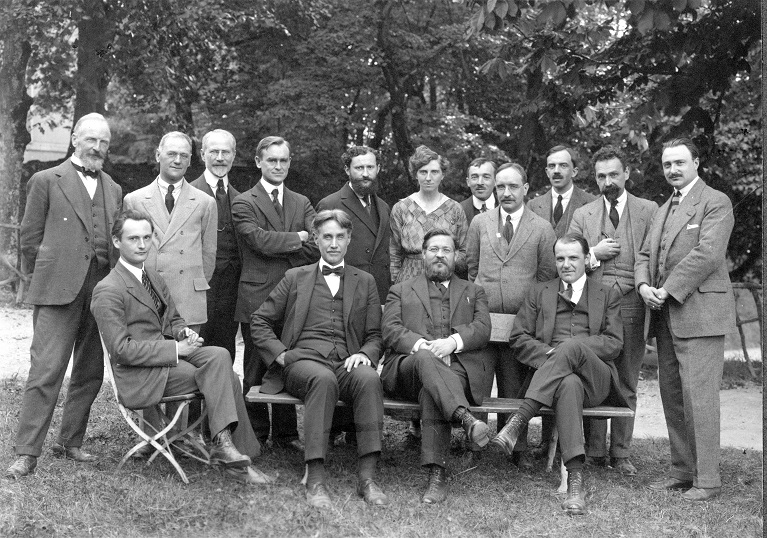
Georges Fauquet was born in 1873 in Lillebonne, France. His work with cooperatives started early in his life. As a young doctor, he treated members of the L’Avenir de Plaisance cooperative and joined a consumer cooperative in Paris. In 1905 he passed the competitive exam for labor inspectors and inspected cooperative dairies in the Charente and Poitou regions in France. A military doctor during the first two years of World War I, he worked on increasing the role of consumer cooperatives in providing social benefits to the employees in arms factories.
In 1920 he became the Chief of the ILO’s Section of Co-operation working closely with its first Director, Albert Thomas. He served in this position until 1932. After his retirement from the ILO, Fauquet continued his work with cooperatives. He represented French cooperatives on the Central Committee of the International Cooperative Alliance (ICA) from 1934 till his death in Gaillard, France in 1953. A cooperative centre was opened under his name in Rabat in 1952, and called the George Fauquet Centre for Studies and Cooperative Action of Morocco. Fauquet was posthumously awarded the ICA Jubilee Triennial Prize for his contributions to cooperative thought at its 19th Congress, held in Paris in 1954.
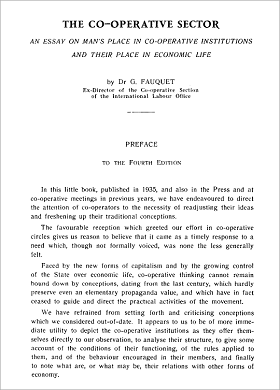
A selection of his articles, written between 1932 and 1946, were gathered in a volume and published under the title “Insights on the Cooperative Movement” in 1949 reflecting on issues of unity of cooperation under its various forms; the integration of cooperatives; the distinctions between enterprises and associations; cooperation taken as a service enterprise; and the moral nature of cooperation.
Sources: Shaffer, Jack (1999). Historical Dictionary of the Cooperative Movement. Scarecrow Press. Lanham, MD.; Toucas-Truyen, Patricia and Michel Dreyfus (2005). Les coopérateurs : Deux siècles de pratiques coopératives. Les Editions de l'Atelier. Paris.; Lambert, Paul (1963). Studies in the Social Philosophy of Co-operation. Société Générale Coopérative. Brussels.
Maurice Colombain (1887-1966), Chief of ILO COOP from 1932 to 1947
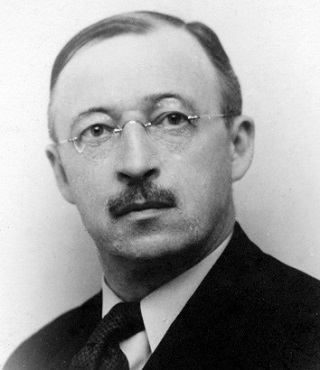
Following his retirement from the ILO, Colombain joined the board of the French Central Office for School Cooperatives and was a cooperative advisor to the Ministry of Overseas Affairs. He also served as President of the National Committee of the French Consumer Cooperative Federation and Director of the Institute of Cooperative Studies in Paris.
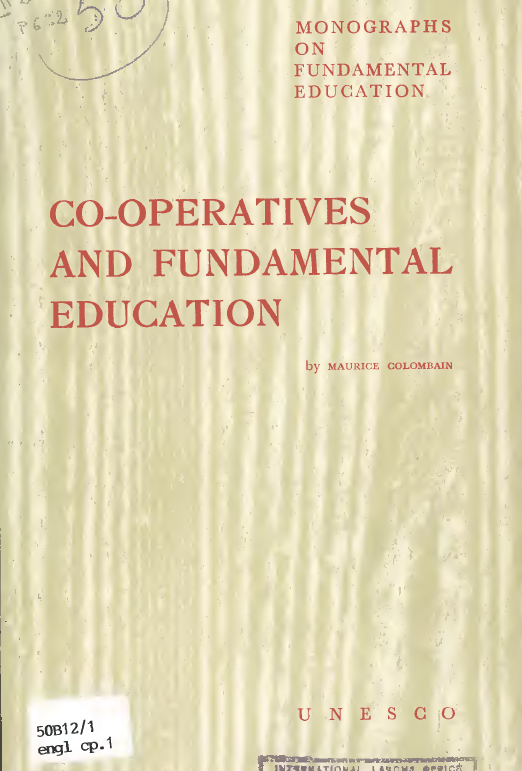
“While they are undoubtedly effective instruments of economic development, cooperative institutions have in themselves great educational value. They give the rural community a practical type of organization which educates its members progressively. Since the cooperative expresses the needs and interests of its members, it is not surprising to note the many examples where cooperatives take an active interest in schools, even to the extent of devoting part of their profits to formal education. It has been proved possible to start cooperatives in schools, so that children can be trained in cooperative habits, and practice and theory can be combined in teaching.”
Sources: Colombain, Maurice (1950). Co-operatives and fundamental education. Paris, UNESCO; W. Jones, Phillip (1988). International Policies for Third World Education: Unesco, literacy and development. London, Routledge; Shaffer, Jack (1999). Historical Dictionary of the Cooperative Movement. Lanham, MD, Scarecrow Press.
Goodwin Norman Lamming (1913-2001), Chief of ILO COOP from late 1947 to 1956
Goodwin Norman Lamming was born in the UK in July 1913. He started his career as the London correspondent of Co-operative News . After working at the Cooperative Wholesale Society from 1935 to 1937, he won a scholarship to study issues of the cooperative and labour movements in Sweden from 1937 to 1939. His book “Sweden’s Co-operative Enterprise” (Manchester, England: Co-operative Union, 1940) was subsequently published. In 1940 he joined the staff of the Press attached to the British Legation in Stockholm and later was appointed as Assistant Press Attaché and then as Labour Attaché.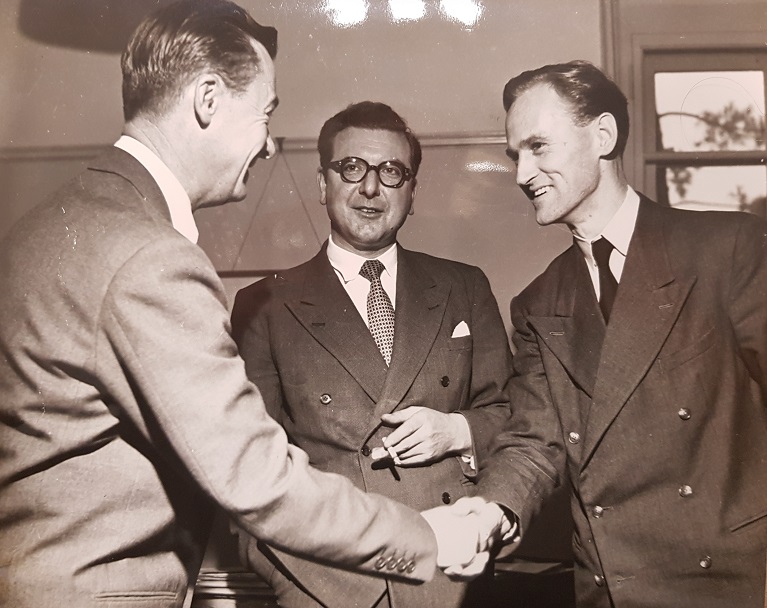
Mr Lamming left the ILO in June 1963 to work for the Food and Agriculture Organization (FAO) in Rome. He served as a Cooperative Specialist to assist cooperative development in the agriculture and fishery sectors in Brazil, Nepal, and Vietnam, among others. He authored a number of FAO reports including on cooperative administration and management, promotion of small farmers’ cooperatives, fisher people’s cooperatives and women in agricultural cooperatives.
Sources: Co-operative News (January 8, 1949); Curriculum Vitae of G. N. Lamming; Lamming, G. N. (1971). Cooperative Sector “Idea Book” for Cooperative Administration and Management (Rome: FAO); G. N. Lamming (1980). Promotion of Small Farmers’ Cooperatives in Asia (Rome: FAO); Lamming, G. N. and Hotta, M. (1980). Fishermen’s Cooperatives in West Africa (Rome: FAO); Lamming, G. N. (1983). Women in agricultural cooperatives: Constraints and limitation to full participation (Rome: FAO).
Sailendra Narayan Roy (1901-1983), Chief of ILO COOP from late 1956 to 1964
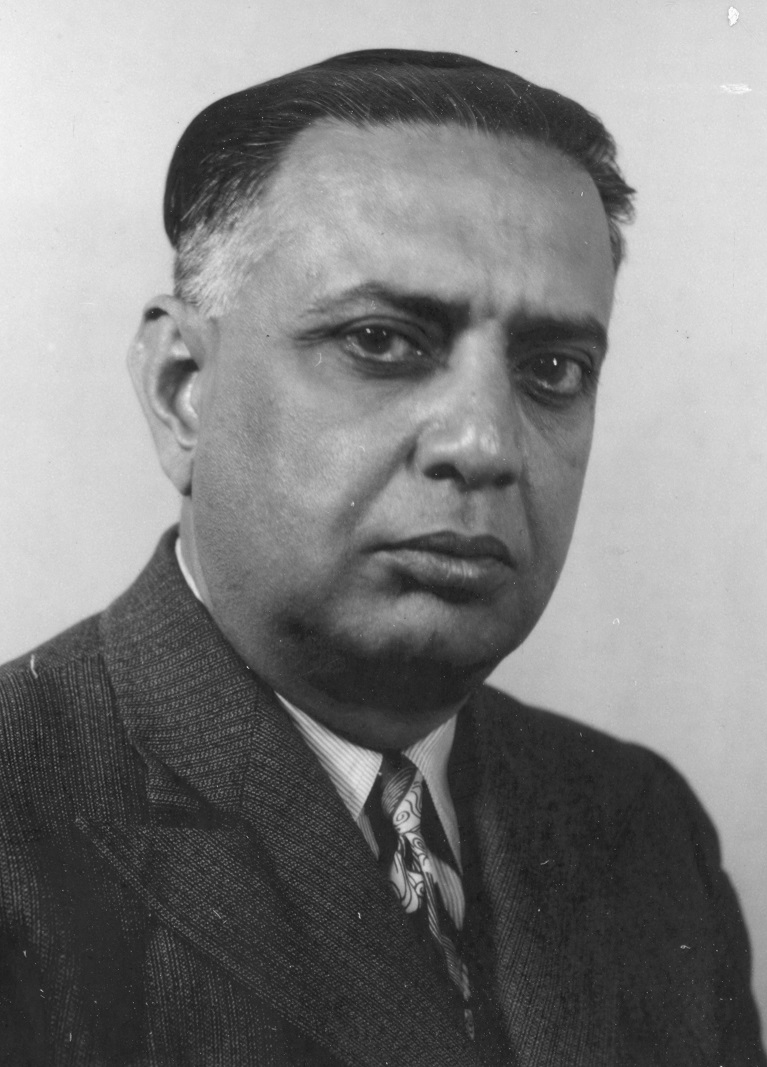
Source: Curriculum Vitae of S. N. Roy from ILO Archives
Jean Baptiste Orizet (1910-1975), Chief of ILO COOP from late 1964 to 1970
Mr Orizet was born at St. Etienne, France in 1910. He was an agricultural engineer who worked as Vice-Director of the Agricultural Mutual Insurance Association in Yonne from 1931-1938, and as Inspector of Agriculture and Social Affairs during the next four years. From 1945 to 1948, he was a Technical Adviser and Chief of Mission of the Ministry of Agriculture in France.Mr. Orizet started working at the ILO’s Division of Co-operation and Handicrafts in 1948. In 1956, he was nominated as the Director of the Area Office for the Middle East in Istanbul. During his three years in this position, he contributed to reinforcing the links between the ILO and governments, employers' and workers' organisations in the region.
In 1959 Jean-Baptiste Orizet was appointed to establish the first ILO Field Office in Africa located in Lagos. On the basis of this assignment he became a pioneer, in the development of technical co-operation projects in Africa. Upon his return to Geneva at the end of 1960, Mr. Orizet became the Deputy to the Chief of the Division of Co-operatives, Handicrafts and Small Scale Industries, which in 1957 had replaced the former Co-operatives and Handicrafts Branch. In 1964, through an internal organisation of the ILO the Co-operative, Rural and Related Institutions Branch was established of which Mr. J.B. Orizet was the first Chief until his retirement in January 1970. He died in Geneva on the 8th of April 1975 at the age of 65.
In his article on “Co-operation - a key to development” in 1965 for ILO Panorama he answers the question of why cooperation as follows:
“… co-operation goes well beyond the immediate advantages accruing to members. It is, indeed, widely recognised to be one of the most potent forces making for the renovation and improvement of economic and social structures; it is also one of the principal instruments for putting development plans into effect.”
“The positive value of the co-operative approach derives from the fact that co-operation seeks to enlist all sectors of the population, that it mobilises them, sometimes literally, in activities which are a direct factor in the improvement of levels of life and work. Co-operatives are schools of good citizenship and democracy and, as such, assume particular prominence in countries where education and training for the tasks ahead constitute priority problems.”
Sources: ILO News Service press release (1958/1); ILO Cooperative Information 1975/1; ILO Panorama No. 13 (1965); Orizet, Jean (1951). Co-operative movement and the welfare of the worker. International Labour Review 64 (1), Geneva; Orizet, Jean (1969). The Co-opearative Movement since the First World War. International Labour Review 100 (1), Geneva.
Desmond Louis William Anker (1913-1996), Chief of ILO COOP from 1970 to 1971
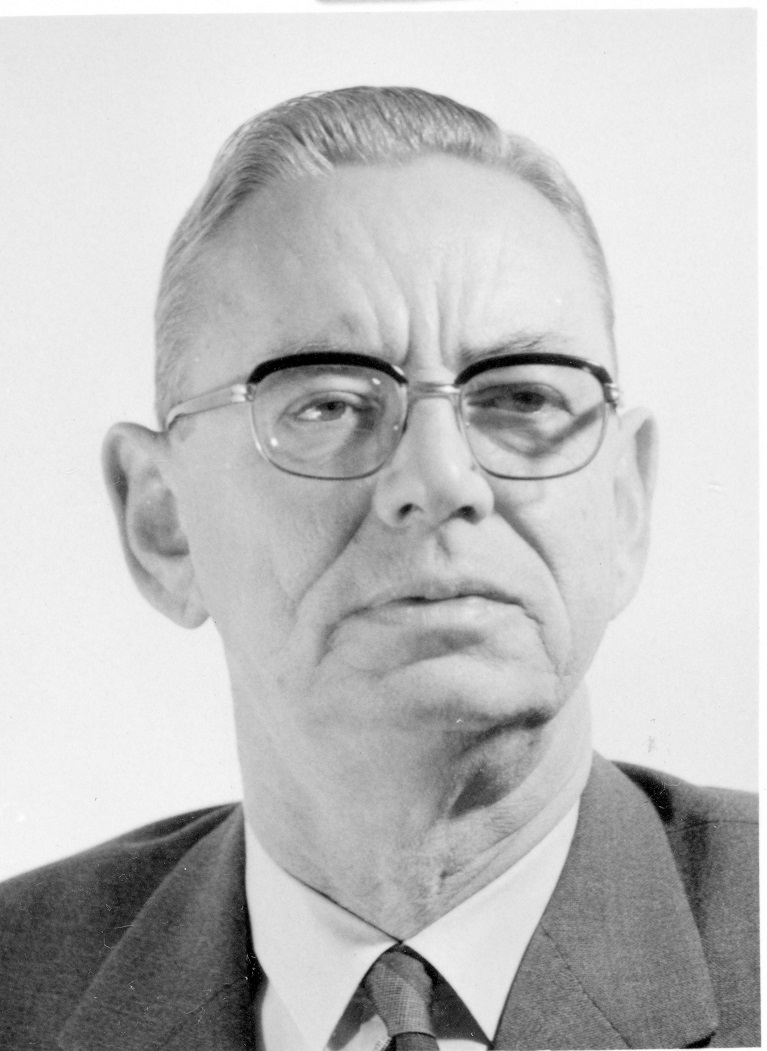
Between 1948 and 1964 he worked at the ILO's Agricultural Section and Rural and Indigenous Workers Division. In 1965, he was appointed as the Deputy Chief of the Co-operative, Rural and Related Institutions Branch. After a two year secondment to the UN NY office as a Senior Social Affairs Officer between 1966 and 67, he returned to the ILO's Co-operative, Rural and Related Institution Branch, this time as Head of the Report and Studies Section. He served as Chief of the Branch between 1970 and 1971. He then moved to lead the Rural Employment Branch in 1972 before retiring from the ILO in 1973. Anker wrote on a wide range of topics including the effects of farm mechanization on agriculture, community organizations, and rural development strategies. He died in Chêne-Bougeries in the Geneva area in 1996.
Source: Journal of Farm Economics, Vol. 26, No. 4 (Nov., 1944), pp. 827-830; Curriculum Vitae of Desmond L. W. Anker from ILO Archives
Thiecouta Sidibe (1931-2003), Chief of ILO COOP from 1973 to 1980
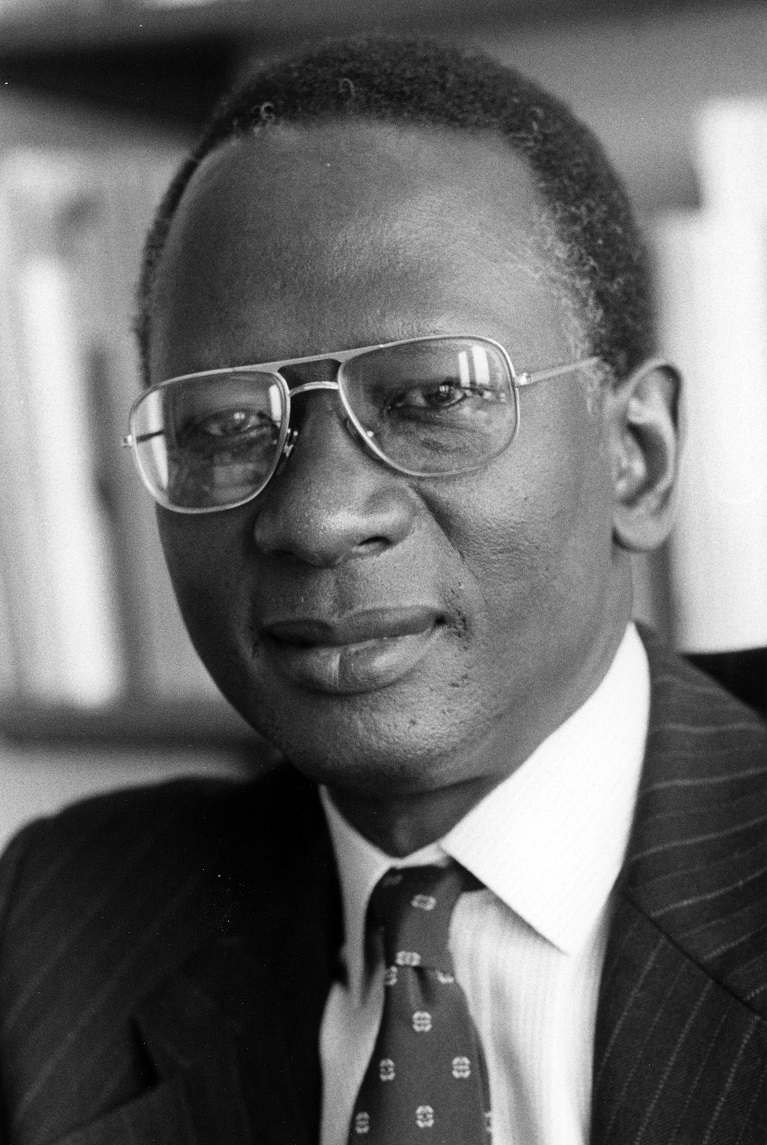
Source: Curriculum Vitae of Thiecoute Sidibe from ILO Archives; ILO Friends Newsletter No. 35, December 2003, p. 39-40; and Archives Nationales d’outre-mer.
Adoum Maurice Hél-Bongo (1930 -2010), Chief of ILO COOP from 1981 to 1990
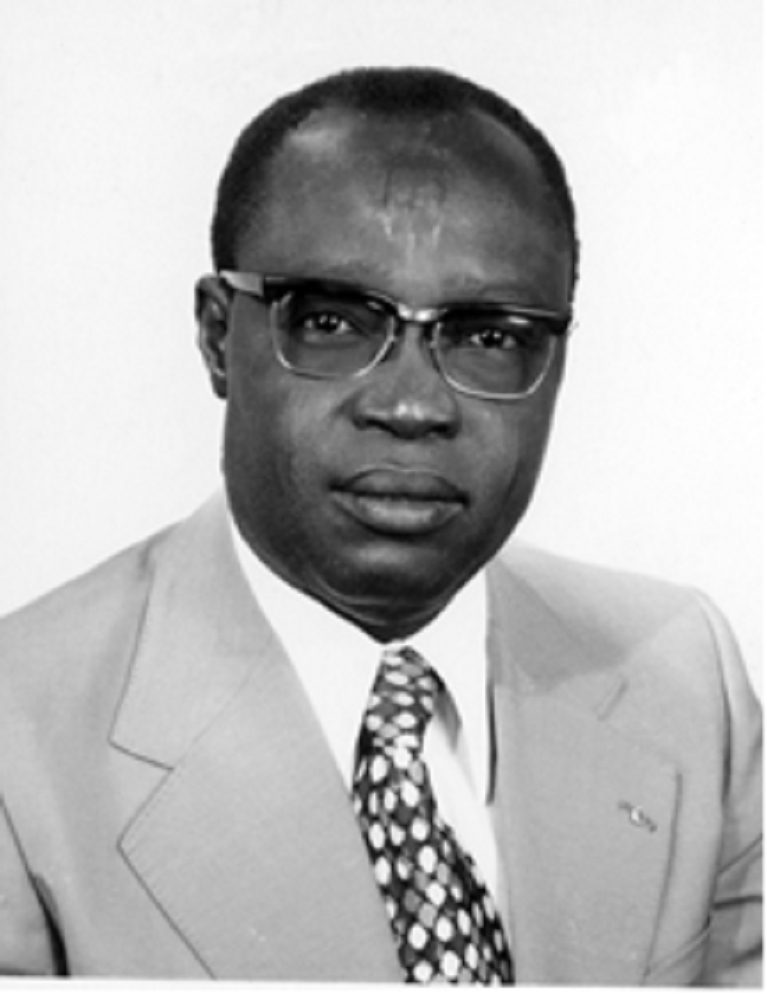
Joseph Ciro Fazzio, (1940-2023), Chief of ILO COOP from 1992 to 2000
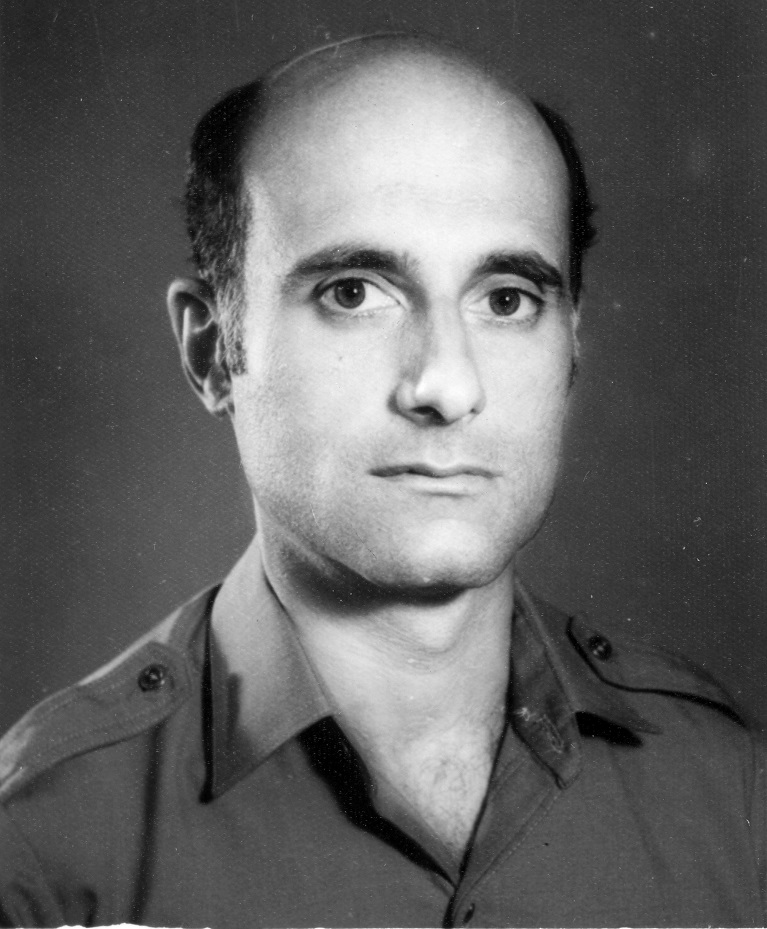
For the article that Joe Fazzio and Gabriele Ullrich wrote on the occasion of ILO COOP’s 75th anniversary, see here
Juergen Schwettmann, Chief of ILO COOP from 2001 to 2006
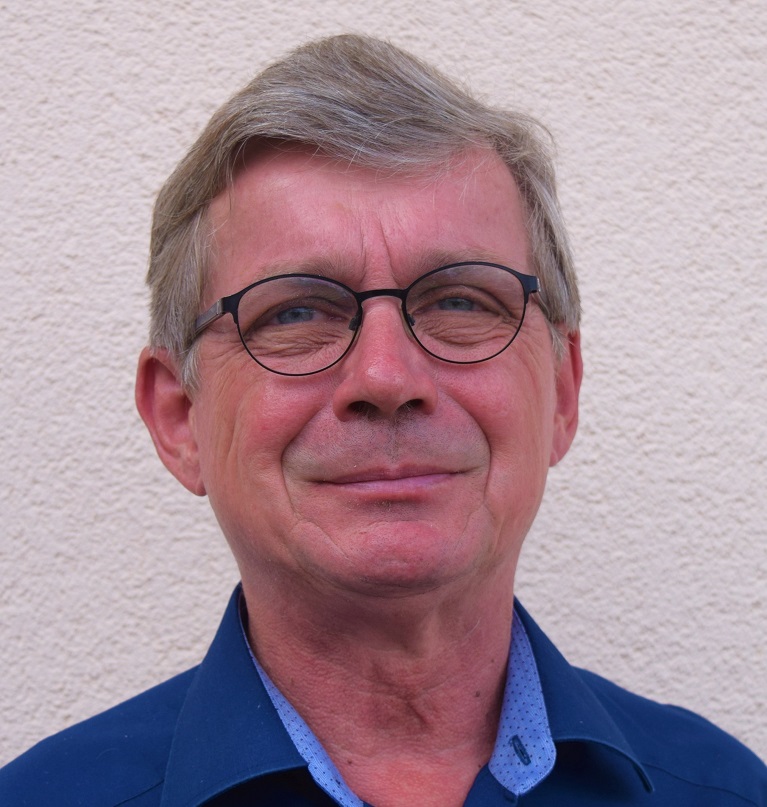
For Juergen Schwettmann’s ILO COOP 100 Interview, please see here. For his message to ILO COOP on its centenary, see here.
Hagen Henrÿ, Chief of ILO COOP from 2007 to 2011
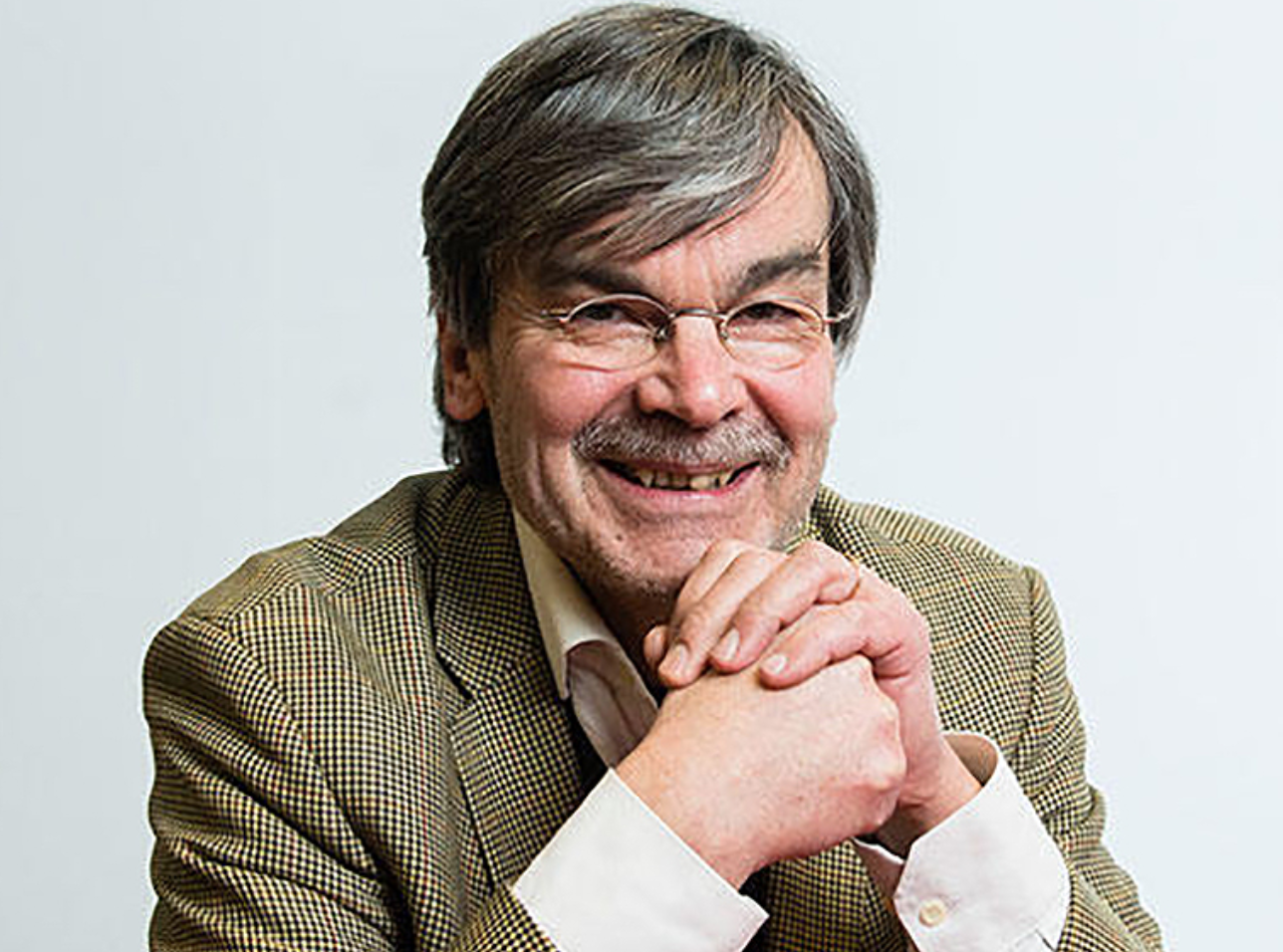
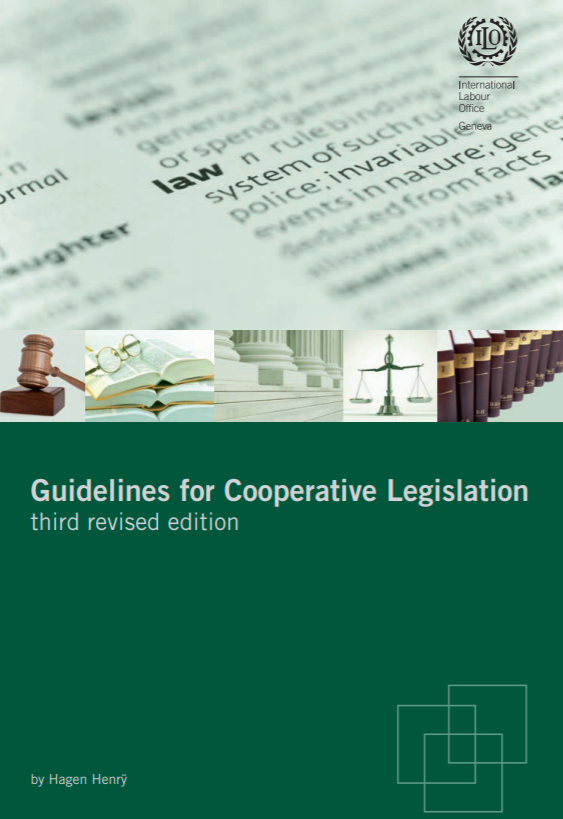
Simel Esim, Chief of ILO COOP from 2012 to present

Before she joined the ILO, Simel worked as an economist in the International Center for Research on Women (ICRW) in Washington, DC (1997-2003), Development Alternatives, Inc. (1995) and the World Bank (1991-94). Simel holds a BA in political science from the Bogazici University in Istanbul, an MA in International Economics and Middle East Studies from the Johns Hopkins University School of Advanced International Studies in Bologna, Italy and Washington, DC and a Ph.D. in economics with a concentration in gender and development economics from the American University in Washington, DC. She speaks Turkish and English, and has working knowledge of French, Italian and Arabic. She is a beginner in Spanish.